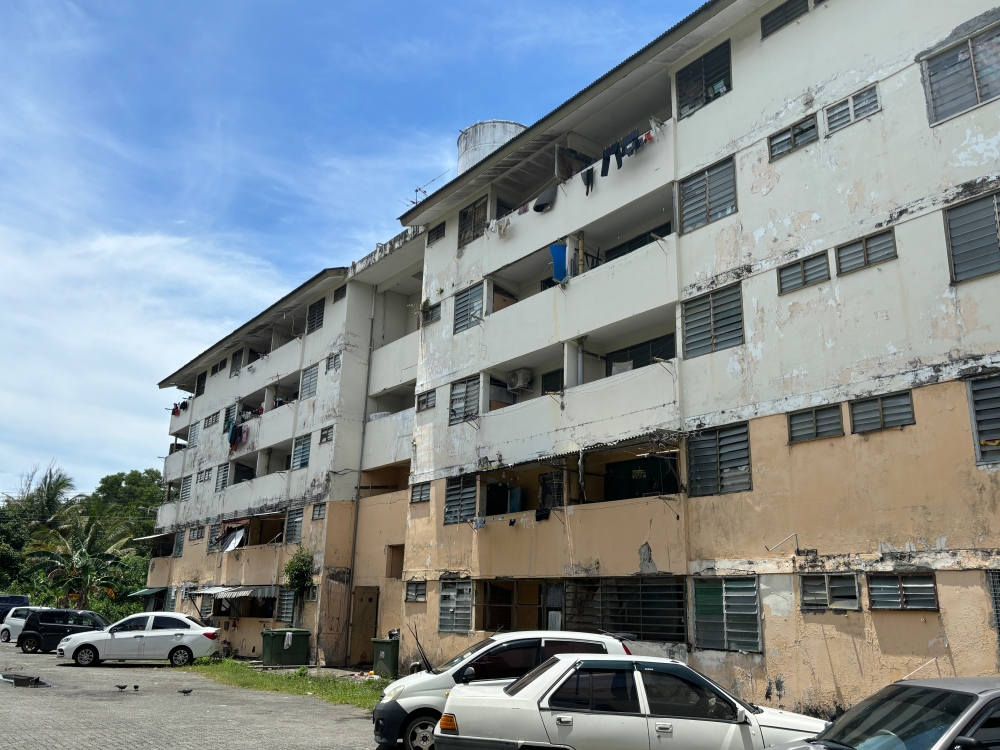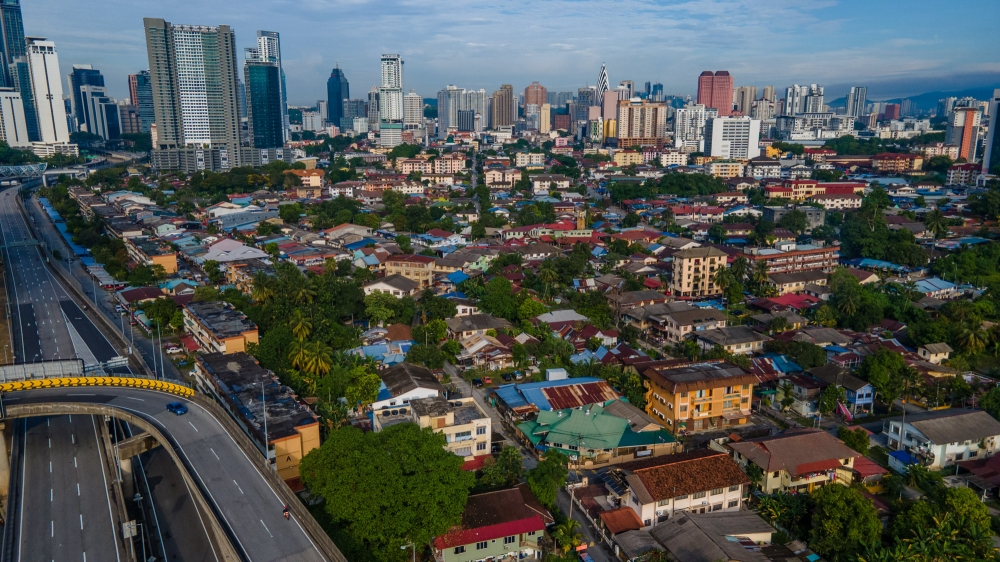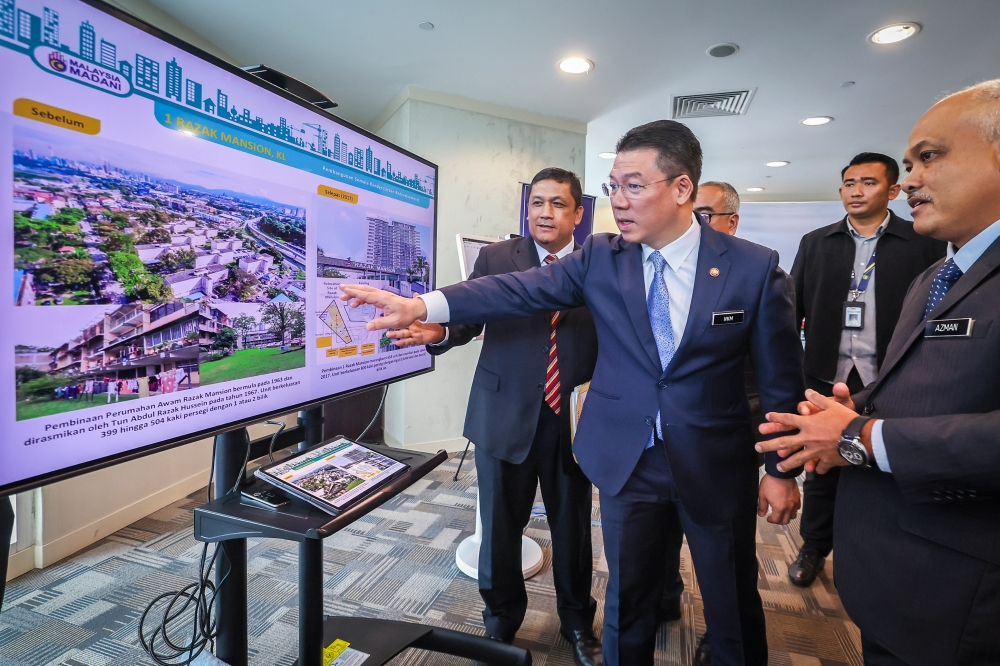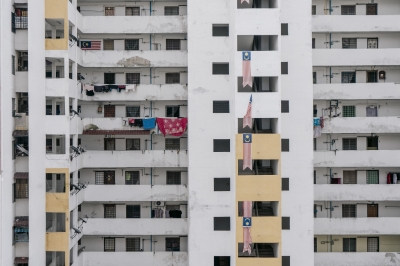KUALA LUMPUR, Feb 24 — The proposed Urban Renewal Act (URA), expected to be tabled later this year, could allow the “en bloc” sale of entire strata developments, even if not all owners agree.
This controversial move has sparked both support for revitalising urban areas and concerns over the potential displacement of homeowners, especially those in lower-income brackets.
What is an en bloc sale?
An en bloc sale occurs when all owners of a building agree to sell their units to a single buyer, often for redevelopment purposes.
This process, also known as a collective sale, is typically used to facilitate large-scale urban renewal projects.
Currently, under Section 57 of the Strata Titles Act 1985, a strata development can only be sold if there is 100 per cent agreement from the owners.
The proposed URA seeks to lower this threshold, depending on the age and condition of the building.

En bloc sale would allow strata property to be redeveloped without needing complete buy-in from every owner. — Picture by Julia Chan
Changes under the proposed URA
The new law would lower the consent threshold required for an en bloc sale, depending on the age of the building.
Buildings under 30 years old could be sold with 80 per cent consent from the owners, while those older than 30 years would require only two-thirds consent.
For buildings that are deemed unsafe or abandoned, just half of the owners would need to approve the sale.
En bloc sales in other cities
Cities like Hong Kong, Singapore, and Tokyo implement lower thresholds for en bloc sales, driven by high urban density, limited land availability, and the need for redevelopment.
In Hong Kong, for example, an en bloc sale can proceed with 90 per cent agreement from residents.
In Singapore, developments 10 years or older require at least 80 per cent consent, while newer projects need 90 per cent.
Malaysia’s proposed URA aims to adopt a similar model to address ageing infrastructure and urban decay.

This file photograph shows a general view of Kampung Baru, Kuala Lumpur, on April 12, 2022. — Picture Shafwan Zaidon
Why is the Housing and Local Government Ministry pushing for the URA?
Urban renewal, in theory, is a planned effort to revitalise and improve deteriorating townships, typically involving the replacement or restoration of substandard buildings, upgrading infrastructure, and enhancing community services.
Supporters of the URA argue that the current law, which demands unanimous consent, prevents necessary redevelopment if just one owner refuses to sell, leading to buildings being left to decay.
The Housing and Local Government Ministry has identified up to 139 pieces of land in Kuala Lumpur for redevelopment, with 91 of them being residential properties.
These projects are expected to generate an estimated gross development value of RM332.5 billion.

Local Government Development Minister Nga Kor Ming views the location of Razak Mansion in Kuala Lumpur before its redevelopment during a media briefing on the introduction of the Urban Renewal Implementation Guidelines at the ministry in Putrajaya, September 5, 2023. — Bernama pic
Why do some oppose it?
Critics of the URA, including National House Buyers Association chairman Datuk Chang Kim Loong, argue that the proposed law could pave the way for gentrification, displacing low-income residents under the guise of urban renewal.
They fear that the push for redevelopment could increase property values and cost residents their homes.
However, Housing and Local Government Minister Nga Kor Ming has given an assurance that the Act will address the social impact of redevelopment, with safeguards to ensure that no residents are left homeless once their properties are acquired.
“We will make sure the developer that wants to build, perhaps they should just build one block first [within the development]. Once you get to move them somewhere else, then you start demolishing the blocks.
“You take down one block first. Those whom you have paid, you move them out, get them a new house first, then you demolish their block,” Nga told local business weekly The Edge in an interview published in the June 17–June 23, 2024 edition.







